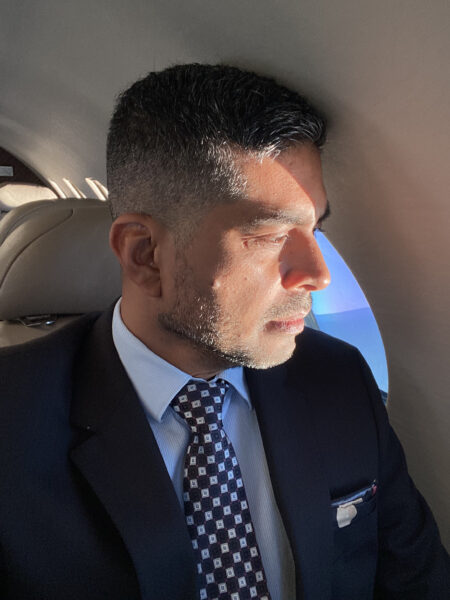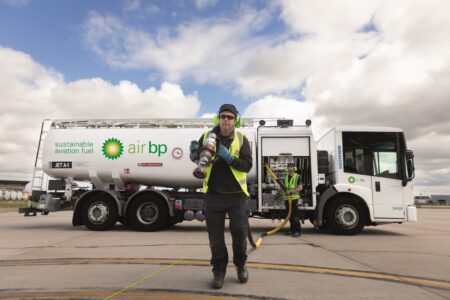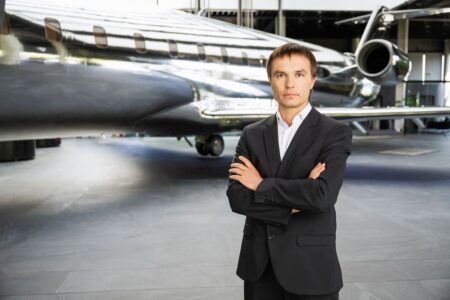Andrea Gerosa, founder of young people’s think-tank ThinkYoung, explores the synergy between business aviation and Generation Y.
At ThinkYoung, the research agency I founded in 2007, we make it our mission to find out what young people are thinking. When we know what’s on their minds, we can advocate for them more effectively. With the European Business Aviation Association’s (EBAA) survey Expanding Horizons: How Millennials see the Future of Business Aviation, we now know what they really think about the industry.
The report was released at EBACE 2018 in Geneva, Switzerland. It asked young people aged 18-25 in Germany, France, the UK and Switzerland about mobility, aviation and the future of sustainable personal air transport.
We found that millennials expect flying will become easier and cleaner in years to come. They also expect business aviation to become much more accessible for both users and for anyone hoping to become part of the industry.
There were three key findings from the survey:
• Millennials associate transport closely with the environment. Of those surveyed, 40% describe climate change as the megatrend with the biggest impact on the development of sustainable personal air transport, with artificial intelligence and digitization placing next. They also expect most research on innovation in aviation to focus on making air transport more sustainable.
• Millennials say the best thing about business aviation is the freedom and flexibility that it offers: 62% believe that the main benefit of business aviation is its ability to take people where they need, when they need.
• Millennials believe that while technology will find solutions to mobility questions, there will still be concerns about cost, trust and safety. For example, 60% of millennials are ready to use ridesharing air services, but only 46% are ready to use automated ridesharing air services.
These findings reflect the optimism and idealism of the younger generation. They reveal how millennials have grown up on cheap and easy air travel. Generation Y see mobility as a choice between different modes for different journeys, and they balance their right to travel with their responsibility to look after the planet.
The perfect fit
If there is one thing that emerges strongly from their answers it is that business aviation is a sector that could have been made for millennials.
Millennials have values and interests that they cherish: they love to travel; they appreciate service on demand; they are early adopters of new technologies; and they believe strongly in a cleaner environment. These are also the values and interests of business aviation.
This is a sector that is, by definition, taking people to places that might otherwise be out of bounds, and chartering a plane has never been easier thanks to online platforms and apps.
This is a pioneering industry that is constantly investing in research and technology to ensure it has the ambition to shape the future of personal air transport. It is also a community committed to developing sustainable technologies to lower carbon emissions and reduce its impact on environmental resources.
Another millennial characteristic is, like many younger generations, their informality. They are much less likely to stick with established procedures and traditions.
Again, business aviation matches their character. The sector is broad and competitive, so companies have to constantly innovate and adapt. No-one can afford to rest on their laurels. The ones who respond best to new ideas and new blood are the ones most likely to succeed. Business aviation is flexible and adaptable to talents from all backgrounds.
Millennials are rarely consulted, despite the reality that they will determine our future. EBAA has looked beyond the horizon by asking the next generation for their opinions on the future of transport and it has pledged to action this helpful feedback. Clearly, much is already aligned between the needs and wants of the next generation and business aviation. They’re set for take-off.





